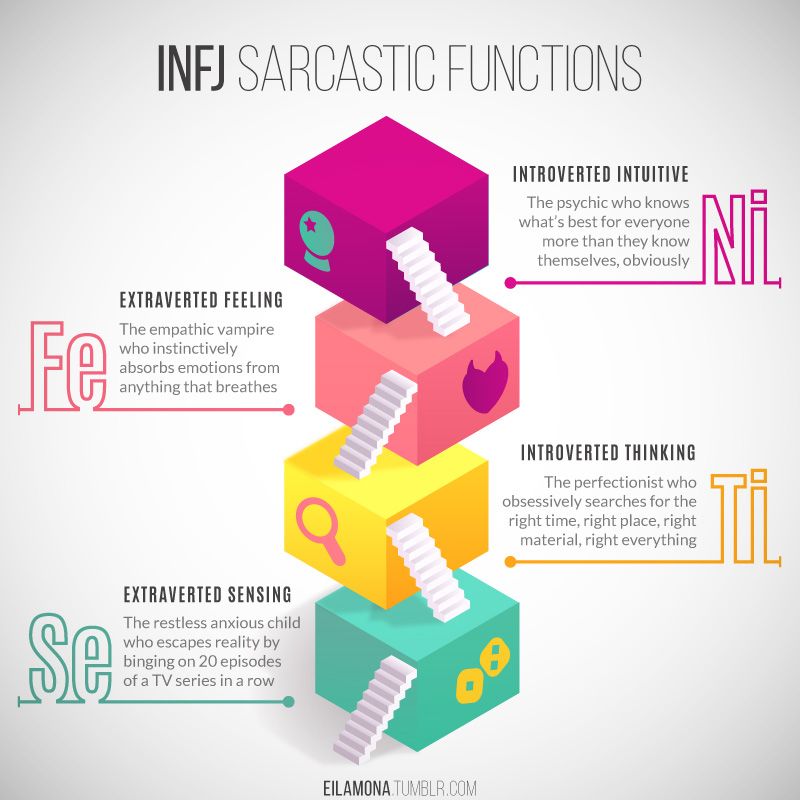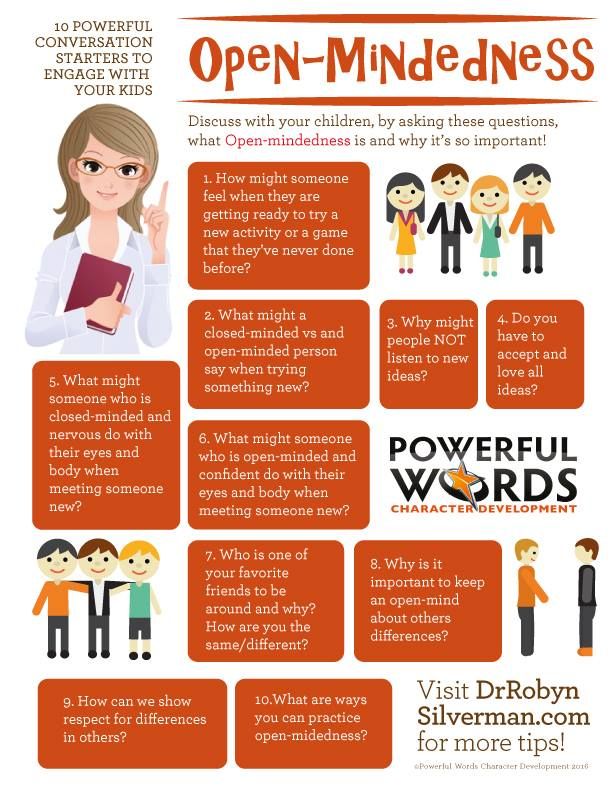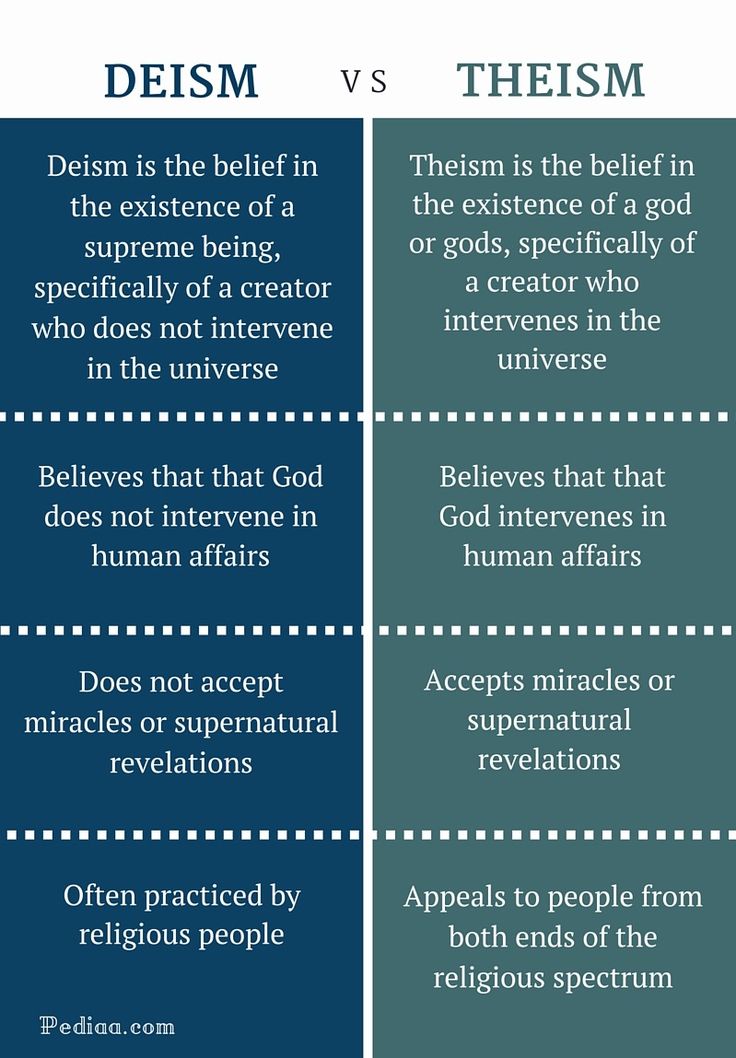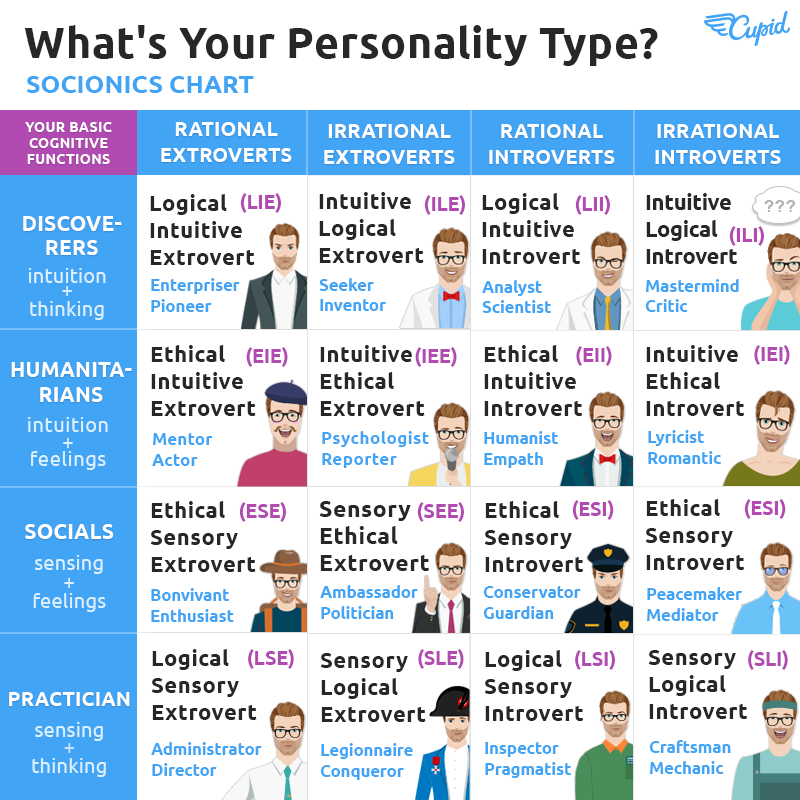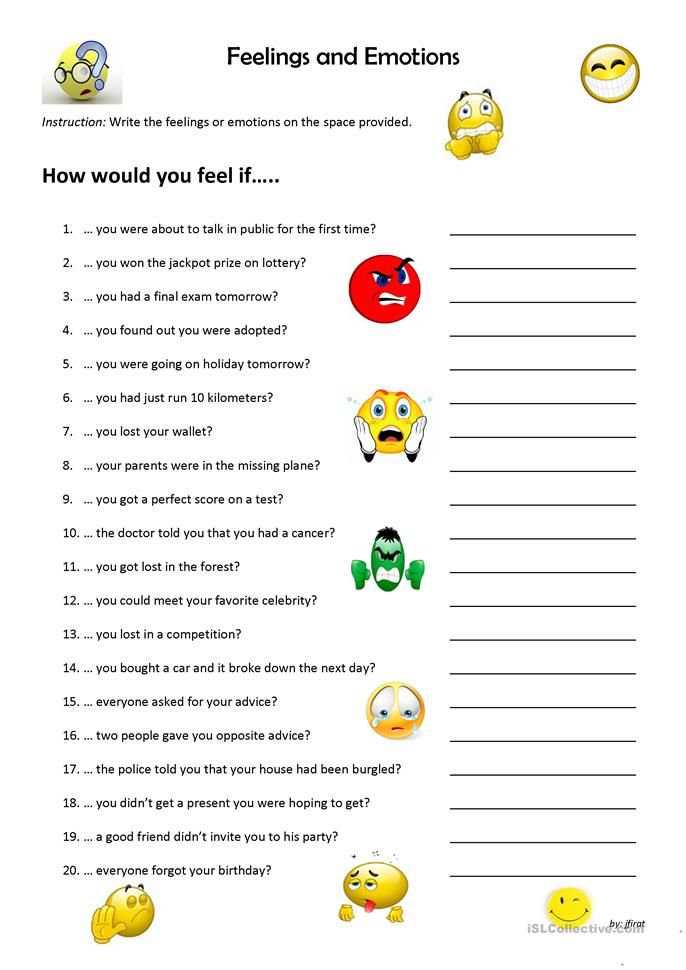Effects of parental alienation on targeted parents
The Effects of PA On The Targeted Parent
Parental Alienation causes long-term damage to children, and it also destroys the parent being targeted.
Numerous clinical studies have documented the effects of parental alienation upon targeted parents:
- Severe depression
- Anxiety
- Social isolation
- Despair
- Self-loathing and inward-directed anger
- Deterioration of executive control (ability to stay organized and focused)
- Symptoms indicating the presence of Post Traumatic Stress Disorder
Imagine being in a situation where you’re watching your children suffer, watching them being deceived and turned against you, watching custody orders being blatantly ignored, and throughout all of it, you’re helpless to do anything to stop it because of an apathetic family court judge.
Even worse, the harder you fight, the more you’re children are pressured, threatened, and bullied by the alienator.
Targeted parents can feel this conflict hurting their children and take all that pain into themselves. Many targeted parents, realizing that the family court is never going to truly intervene choose to walk for no other reason than to spare their children any additional bullying and alienation abuse.
The legal system will sort of involve itself, but only to the extent that a targeted parent can keep dumping every available penny they have into it. The process will grind on for years or until the targeted parent runs out of money, and in the end, people often blame alienated parent for failing their children.
When it’s all said and done, they’ve lost everything: their home, their savings, their children, and themselves. The only thing they get out any of this is a monthly reminder of what they’ve lost in the form of a child support order that threatens to imprisonment.
The on-going pressure, stress, despair, shame, grief, and sadness – it’s all overwhelming and unrelenting. It’s too much, and in the end you turn your anger on yourself.
In one study, 54% of targeted parents had ideations of suicide, and in another, 24% of study participants had actually attempted it.
Parental Alienation is no joke. It’s a devastating form of psychological abuse and domestic violence, made so in no small part because family court pathology enables and empowers it while holding targeted parents relatively powerless to do anything to stop it.
We have to do better.
It is beyond ludicrous that alienating parents are rewarded with custody and everything else they want for abusing both the children and the targeted parent.
Please think about that, because this is exactly just how dysfunctional and destructive the family court it is. There is literally not a single, solitary healthy aspect to any of it.
This has got to change.
Resources:
Parental Alienation – Targeted Parents And The Effects (Research); Jennifer Harman, Ph.D.
Parental Alienation – The Plight of the Targeted Parent; Dr. Craig Childress
Important:
Psychological abuse can be subtle and sneaky, especially when there are manipulative aspects to it, and most victims don’t realize they’ve been in an abusive relationship until everything breaks, and when it does, the fall can be hard, painful, and disorienting (see: How To Spot Narcissistic Abuse).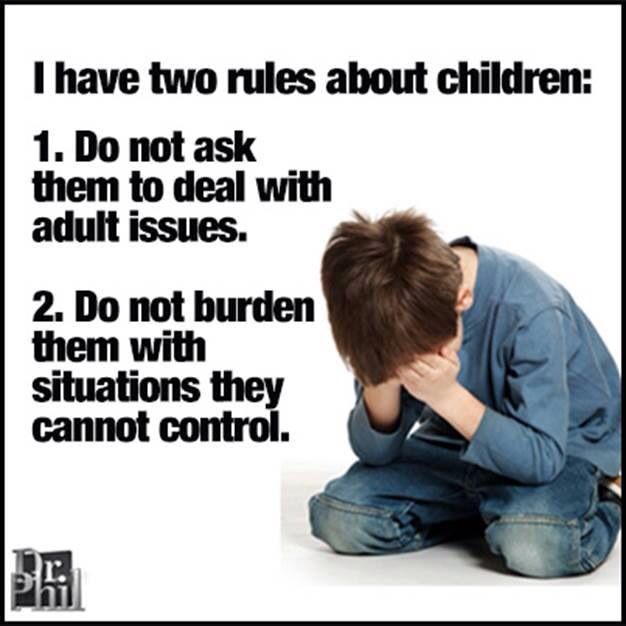
If you’re a targeted or erased parent, and despite what you have just read, there is hope if you’re willing to fight back! We encourage you to register with our network where you can form friendships with people who understand, grab some strategic and tactical knowledge of how to respond in these circumstances, and join support groups. You can Register For A Free L&IP Member Account Here.
If you find that you are experiencing any of these abuse symptoms, or if your situation has become too painful or overwhelming, please know that it’s okay to get help, and you should do so.
If you are experiencing thoughts of harming yourself, please immediately go to the hospital or call the National Suicide Prevention Line: Dial 988 or (800) 273-8255.
The Devastating Effects of Parental Alienation
Source: Susanna Fernandez/Flickr
Parental alienation is a form of child abuse that we are only beginning to recognize. Technically speaking, it’s when a child aligns with one parent and rejects its other parent for reasons that are not warranted.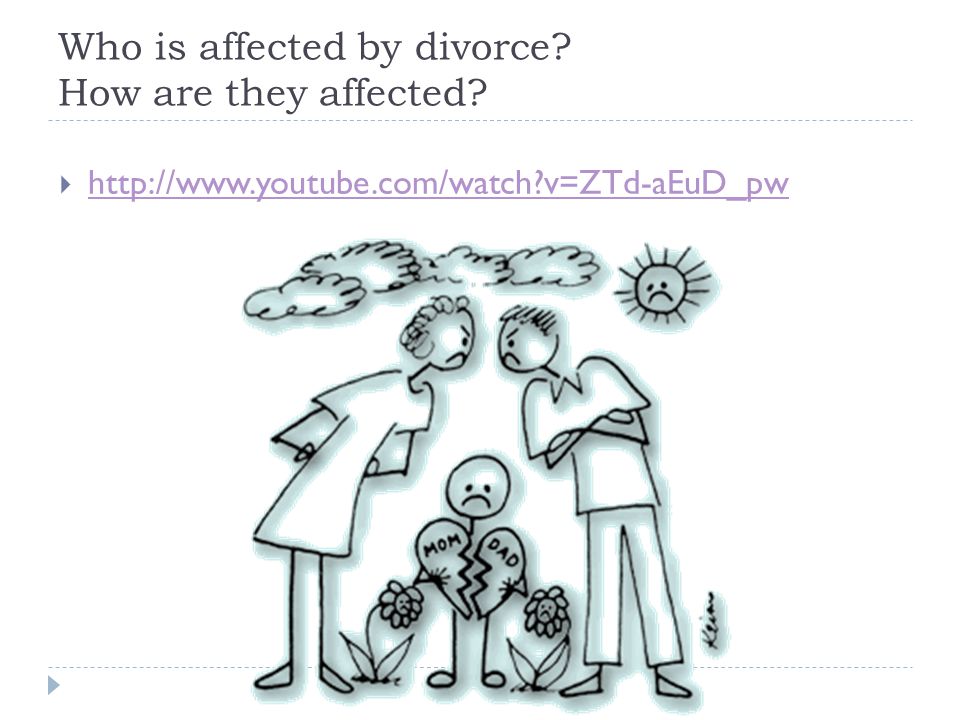 According to The Parental Alienation Study Group, at least 3.9 million children in the United States are “moderately to severely” alienated from a parent. Put another way, there are three times as many children in the United States who are alienated from a parent than there are children with autism.
According to The Parental Alienation Study Group, at least 3.9 million children in the United States are “moderately to severely” alienated from a parent. Put another way, there are three times as many children in the United States who are alienated from a parent than there are children with autism.
This is, obviously, a staggering number. But what are the effects of parental alienation on children? This was the question of a study conducted by psychologists Caitlin Bentley and Mandy Matthewson of the University of Tasmania.
In order to pursue this inquiry, they recruited adult participants who had a history of parental alienation. From there, they conducted semi-structured interviews, asking a series of exploratory questions about the alienation. Their narratives were then analyzed for themes.
The results were striking. Seven themes were identified, revealing the breadth and depth of the effects of alienation well into adulthood. A selective overview of the study’s findings is provided below.
Alienating Behavior and Impact
Adult children reported a multitude of alienating behaviors that damaged their relationship with the Target Parent and their own well-being. This theme broke down into seven sub-themes:
- Abuse and control. Participants were emotionally and physically abused by the Alienating Parent. For example, they were made to feel fear or guilt when they didn’t comply with the Alienating Parent’s view of the Target Parent.
- Denigration of the targeted parent—to the point where it damaged the child’s bond with the Target Parent.
- Adultification—in which their parent inappropriately disclosed information and sought support during custody disputes.
- Disrupting alienated adult child and targeted parent relationship. The bond between children and the Target Parent was damaged. Some moved to different states or overseas, making a relationship or even communication with the Target Parent difficult.
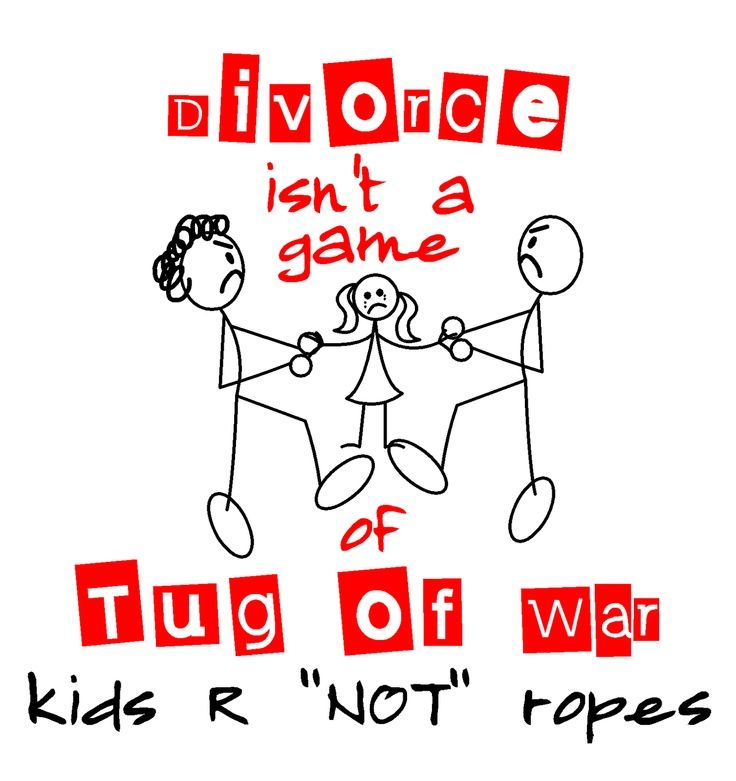 Others were told that the Target Parent didn’t love them.
Others were told that the Target Parent didn’t love them. - Perceptions of the Alienating Parent’s characteristics—including self-absorption, criticalness, and lacking in empathy and insight into how their behavior impacts others—even when confronted by their child.
- Neglect. Basic needs and safety were disregarded.
- Alienated adult child experience suppressed. Participants pushed down their thoughts, emotions, and memories, particularly regarding the Target Parent.
Mental Health
Adult children reported mental health struggles both as children and adults. This theme consisted of three sub-themes:
- Mental health difficulties. All of the participants experienced mental health issues, ranging from anxiety and PTSD to suicidal ideation, which they traced to their Alienating Parent’s abuse.
- Self-esteem. Participants reported having low self-esteem and low confidence in themselves and their abilities.

- Substance use. Alienated adult children disclosed using alcohol and drugs, for some at an early age, in order to cope with the abuse.
Relationship Difficulties
Participants described having difficulties across friendships and romantic relationships. Five sub-themes surfaced:
- Difficulty relating to peers. Participants felt different from and unable to confide their experience of parental alienation with other children.
- Fear of loss. Most participants expressed fears of losing a relationship, causing them to avoid conflicts in relationships or even entering relationships.
- Difficulty trusting. Participants had difficulty believing that someone would support them, and thus they hid their difficulties from others.
- Dysfunctional and abusive relationships. Adult children often chose partners that were as abusive as their Alienating Parent, sometimes in a desperate effort to feel loved.
 Others stayed in unhealthy partnerships to avoid divorce at all costs.
Others stayed in unhealthy partnerships to avoid divorce at all costs. - Struggle to maintain healthy relationships. Participants felt that a lack of positive role models, mental health problems, and poor relationship skills made relationships challenging.
Learning and Development
Participants believed that the alienation stunted their development and capacity to learn. Two sub-themes emerged:
- Identity. Being told that the Target Parent was bad, children were conscious of the ways in which they were like the Target Parent and felt shame about it.
- Education and employment. Most participants had difficulty with learning and focusing on school, which altered the course of their lives. They felt blocked from fulfilling their academic potential at school because the Alienating Parent’s needs came before their own.
Grief and Loss
Participants felt a pervasive sense of grief and loss, which was tied to their experience of alienation. Five sub-themes were found:
Five sub-themes were found:
- Anger and emotional pain—largely for the “injustice” and “the mess” their parents made.
- Feeling they missed out—on a childhood, including learning basic skills (e.g., cooking) and an early loss of innocence.
- Guilt. Most participants felt the Alienating Parent made them feel guilty. They also felt guilty about the ways they treated the Target Parent, even though they knew they weren’t to blame.
- Grieving the loss of the relationship with the Targeted Parent. One participant shared: “Most of my childhood memories are just, 'Oh God, even up until the age of 40, I just want my dad, I just want my dad.'”
- Disappointment with their relationship with the Target Parent. Some participants felt the Target Parent had moved forward with a new relationship or family, gave up on them too soon, or was disinterested in them.
Disconnection and Dysfunction
Participants described “segregated” family lives. Two sub-themes were identified.
Two sub-themes were identified.
- Disconnection. Participants felt they had abnormal family lives, with isolated childhoods and limited or irregular contact with extended family. Some had cut off contact with the Alienating Parent.
- Intergenerational transmission of trauma. Participants observed that their parents had dysfunctional relationships with their own parents, and that the dysfunctional behavior had been learned.
Coping and Healing
Participants shared how they coped with alienation, giving rise to four sub-themes:
- Coping and resilience. While many participants coped by themselves, others leaned on the Target Parent. Some developed a bond with a caring and protective person.
- Reunification attempts. Many participants tried to reunite with their Target Parent. For some, this was healing, while others were ambivalent about reconnecting.
- The healing process.
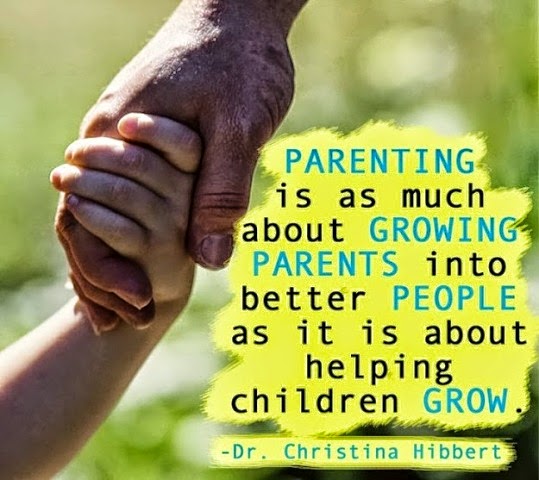 Participants tried to make sense of their pasts, with some seeking therapy. Some found that identifying their experience as parental alienation was healing: “As I got a bit older, I decided to go see a therapist and that started to put things in place, and break the normalization... You start to realize that what you’ve gone through was abuse.”
Participants tried to make sense of their pasts, with some seeking therapy. Some found that identifying their experience as parental alienation was healing: “As I got a bit older, I decided to go see a therapist and that started to put things in place, and break the normalization... You start to realize that what you’ve gone through was abuse.” - Parental alienation awareness. Participants felt it was important to raise awareness about parental alienation, and how they might have benefitted from intervention.
Facebook image: Gladskikh Tatiana/Shutterstock
LinkedIn image: Lopolo/Shutterstock
RANDY FLOOD. TOP 5 TARGET PARENT MISTAKES IN FIGHTING PARENTAL ALIENATION (1): vm_pas — LiveJournal
Randy Flood is the co-founder of the Western Michigan Men's Resource Center and founder/director of its Grand Rapids, Michigan office. He graduated from Calvin College with a bachelor's degree in psychology and received a master's degree in counseling from Western Michigan University.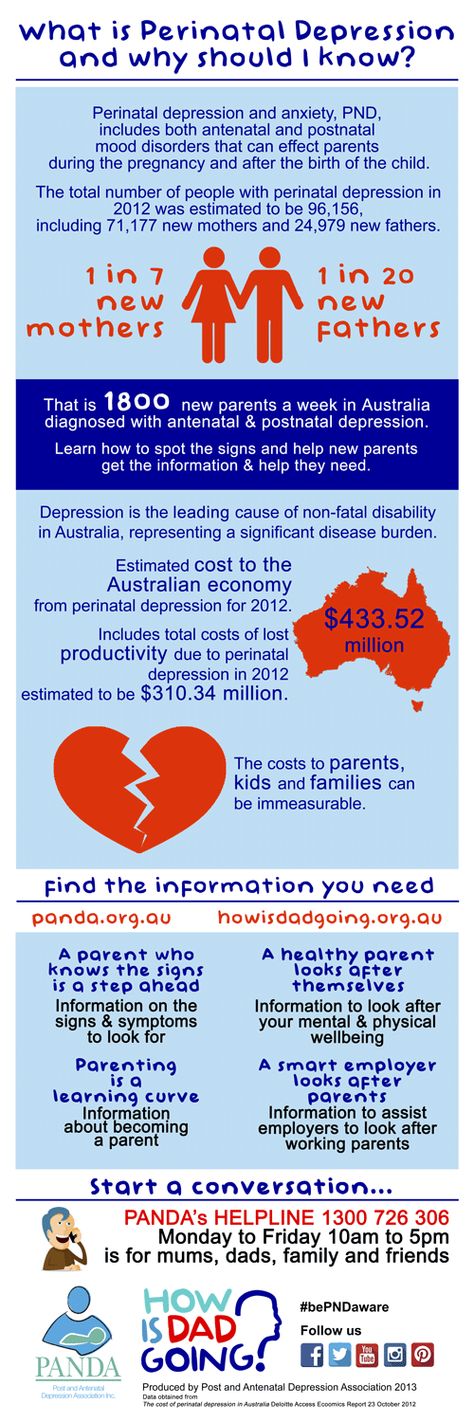 After working for two years in a domestic violence program for men in Kalamazoo, Randy left to start a men's program at Pine Rest Christian Mental Health Services in Grand Rapids. In 2000, he founded the Men's Resource Center at the Fountain Hill Counseling Center. There he works as the chief psychotherapist in providing individual and group psychotherapy for men, he is also a forensic expert in cases of parental alienation and trains judges and specialists on the issue of parental alienation. In addition to his work as a psychotherapist, Randy is the author and co-author of several articles and books Website - https://menscenter.org/
After working for two years in a domestic violence program for men in Kalamazoo, Randy left to start a men's program at Pine Rest Christian Mental Health Services in Grand Rapids. In 2000, he founded the Men's Resource Center at the Fountain Hill Counseling Center. There he works as the chief psychotherapist in providing individual and group psychotherapy for men, he is also a forensic expert in cases of parental alienation and trains judges and specialists on the issue of parental alienation. In addition to his work as a psychotherapist, Randy is the author and co-author of several articles and books Website - https://menscenter.org/
5 main mistakes of targeted parents in the fight against parental alienation
Source https://menscenter.org/top-5-mistakes-rejected-targeted-parted-makes-make/
9000
9000 9000 9000 9000 9000 9000 9000 9000 9000 9000 9000 9000 9000 9000
9000
November 27, 2020
( This article expands on the information provided in How to Respond to Parental Alienation and is intended for parents and professionals )
Parental alienation can be difficult to recognize for those who have not experienced it .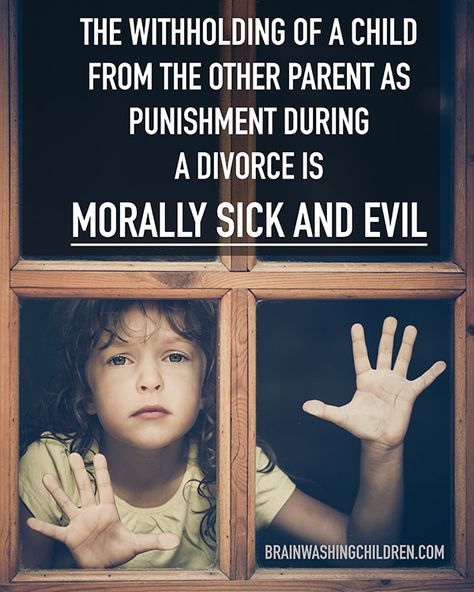 It's like a storm: hidden and powerful. Rejected parents may find themselves fighting a powerful force that is pulling them further and further away from the relationship they once had with their children. They feel resistance and fight it. But the more they quarrel with the alienator, the more they get tired. No one seems to appreciate how difficult it is to stay afloat in these deceptively calm waters. nine0003 They're looking for someone - anyone - to throw them a lifeline .
It's like a storm: hidden and powerful. Rejected parents may find themselves fighting a powerful force that is pulling them further and further away from the relationship they once had with their children. They feel resistance and fight it. But the more they quarrel with the alienator, the more they get tired. No one seems to appreciate how difficult it is to stay afloat in these deceptively calm waters. nine0003 They're looking for someone - anyone - to throw them a lifeline .
Target parent's experience is tragic. To be rejected and hated by your own child, to feel and watch him go away and fear that you will never see him again is like watching this child die a slow death . While children remain physically alive, they become more and more emotionally dead to you. The radiant love in their eyes disappears, their eyes become dark and empty, and the joyful sound of their voice becomes full of anger and hatred. nine0005
In my work with rejected parents, I have often witnessed how they were tragically tempted to make mistakes through the painful, intractable, and insidious drama of parental alienation. This was not because they were hopelessly flawed people, but because they were in unknown and turbulent waters. Rejected parents fail, and their mistakes can be fatal and reduce their chances of reconciliation with their children.
This was not because they were hopelessly flawed people, but because they were in unknown and turbulent waters. Rejected parents fail, and their mistakes can be fatal and reduce their chances of reconciliation with their children.
By highlighting the five most common or common mistakes made by rejected/alienated parents, I aim to ensure that they, their “allies” and the professionals they encounter, better understand and subsequently overcome the destructive power of parental alienation. nine0005
1. Rejected/persecuted parents misunderstand their children's behavior and interpret their refusal to communicate
Alienated children often find themselves in a stream of multiple family experiences after their parents divorce. While most children can endure conflict divorce, very few are able to escape the powerful force of parental alienation, when one parent actively—and sometimes unwittingly—seeks to separate the other parent from their children. The powerful process of alienation essentially cuts off the relationship with the target parent and serves to reinforce the children's loyalty to the alienating parent.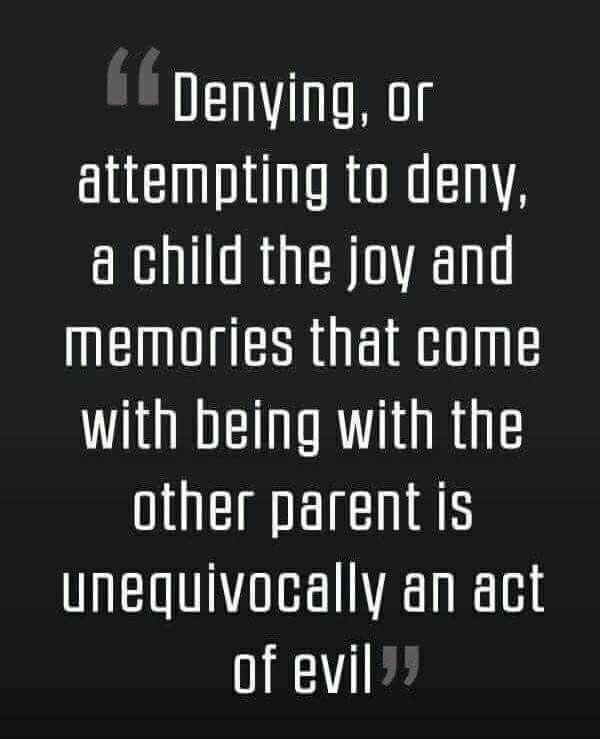 nine0005
nine0005
Let me explain this: When children show love, interest, or affection for the target parent, they generally feel that they are showing disloyalty and dislike towards the alienating parent. Similarly, when children show hatred and disrespect by resisting and refusing contact with the target parent, they feel loyalty and love for the alienating parent. Most children simply cannot resist or extricate themselves from this deep and powerful attachment dynamic without outside help (intervention). nine0004
The way to understand what happens to these children is to look at parental alienation as a type of psychological tumor that affects children's cognitive brain function and emotional connection to their hearts . It is at risk of growing and metastasizing if ignored and left untreated. While multiple post-separation dynamics may contribute to it, it is fueled by the process of toxic attachment that requires children to honor a contract of loyalty with an alienating parent.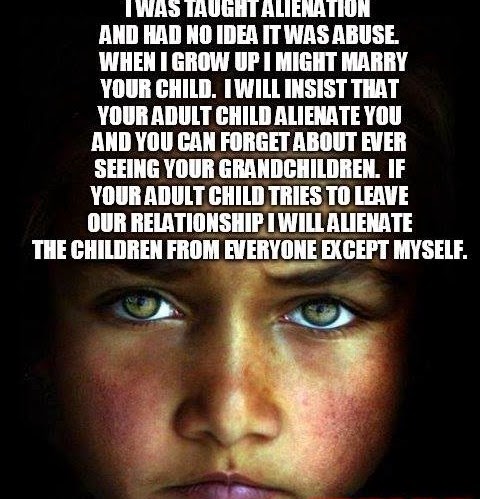 And as this tumor grows, it begins to negatively affect the functions of the mind and heart of children. nine0005
And as this tumor grows, it begins to negatively affect the functions of the mind and heart of children. nine0005
Loyalty contract
Alienated children are desperate to maintain their loyalty contract with the alienating parent. They develop a contractual narrative that requires a polarized view of the alienating parent as all good and the target parent as all bad. Because most relationships don't conform to these polarized black-and-white characteristics, children have to twist reality to fit each parent into rigid cognitive constructs. While children may have closeness to one parent and not the other, it is quite atypical—except for parental alienation—for children to idealize one parent as ideal while belittling the other as disposable. nine0005
This polarization only grows with time. A growing psychological tumor fuels the growth of an encapsulated delusional thought system: belief in the target parent's extreme danger, deplorable incompetence and incorrigible inability to love despite any evidence of a previously good relationship prior to parental estrangement, allegations of abuse and neglect.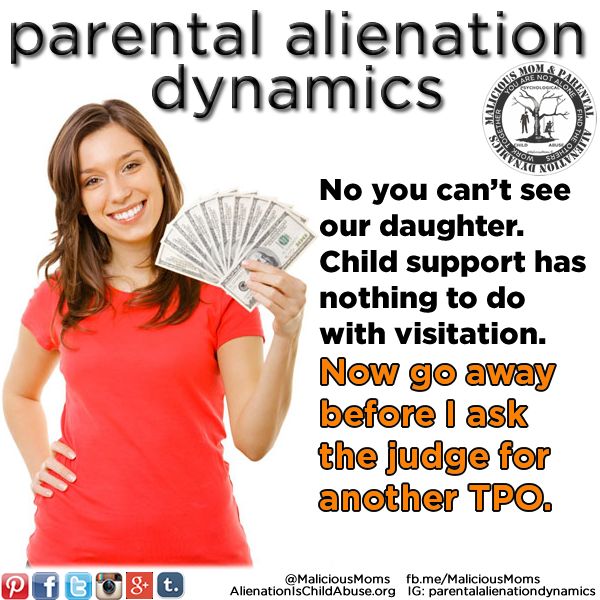 The evolving narrative is not based on objective reality, but is an intersubjective narrative between the alienating parent and children that reinforces the pact of loyalty between them. nine0005
The evolving narrative is not based on objective reality, but is an intersubjective narrative between the alienating parent and children that reinforces the pact of loyalty between them. nine0005
Most untrained professionals - psychotherapists, lawyers, mediators and judges - do not understand this dynamic and either ignore its presence or prescribe contraindicated treatment and time management for parents. For example, they observe children experiencing symptoms of dysfunction—disobedience, verbal abuse, emotional withdrawal, anxiety, irritability—in the presence of a rejected parent, observing how these same children function optimally and sometimes exceptionally elsewhere. They fail to understand that such behavior is induced by the alienator and is dormant when children are in the presence of the alienating parent, but revived and activated when they are exposed to the rejected parent. nine0005
When children's lies are misinterpreted
Rejected parents mistakenly believe that their children are lying about events and situations. Because of this, they look bad as parents and are perceived by others as aggressive and dangerous. From my experience with estranged children, I know very well that they run the risk of sharing stories full of distortions, exaggerations, and fabricated incidents. At first glance, these stories distort facts and reality, while in other situations they can be perceived and interpreted as outright lies. nine0003 But I don't believe estranged children deliberately lie . I believe that the process of parental alienation causes them to slowly lose their bearings in reality.
Because of this, they look bad as parents and are perceived by others as aggressive and dangerous. From my experience with estranged children, I know very well that they run the risk of sharing stories full of distortions, exaggerations, and fabricated incidents. At first glance, these stories distort facts and reality, while in other situations they can be perceived and interpreted as outright lies. nine0003 But I don't believe estranged children deliberately lie . I believe that the process of parental alienation causes them to slowly lose their bearings in reality.
Instead of calling distortions and exaggerations lies, it would be more correct to call them "confabulations" - a memory error often found in patients suffering from cognitive decline due to brain diseases such as dementia or Alzheimer's disease. Similar cognitive deficits are present in parental alienation but are psychologically based rather than the result of a neurological disease process. While lies are selfish manipulations designed to empower the liar, fabrications serve to lessen suffering and, in the event of parental alienation, enable children to cope.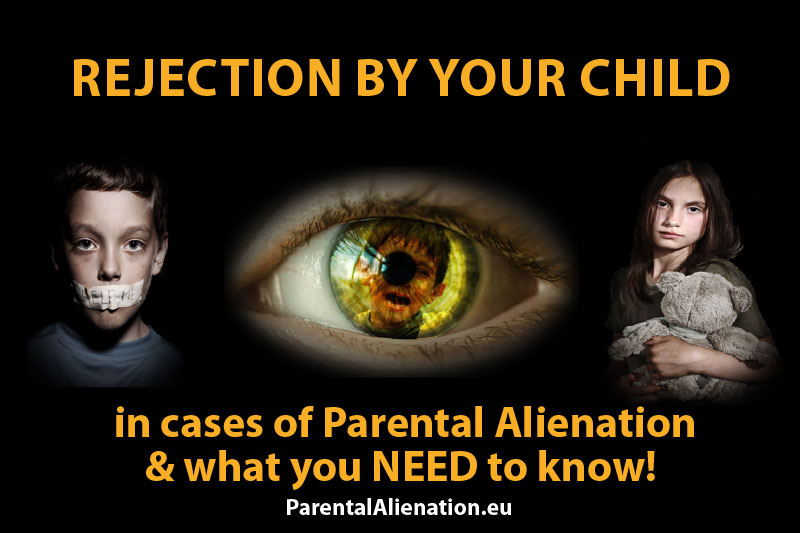 nine0005
nine0005
Alienated children will make up stories, distort and exaggerate facts to cope with the "lost" memory of love for the rejected parent. Such memories must be lost, because to retain them or to find them again would, in fact, be an active violation of the contract of loyalty with the alienating parent. Confabulations are feeble but desperate attempts to find a coherent narrative to justify the hatred and rejection of the rejected parent while nourishing and reinforcing the contract of loyalty with the alienating parent. nine0005
This process does not strengthen or improve the child's mental health; it is his means of survival. While children can effectively make up stories to honor the contract of loyalty with the alienating parent and maintain their polarized black-and-white world, this comes at a cost to their mental, emotional, and relationship well-being. Psychological tumor accelerates the deterioration of any memory of love and care in the past and prevents the development of any current experience of love and care.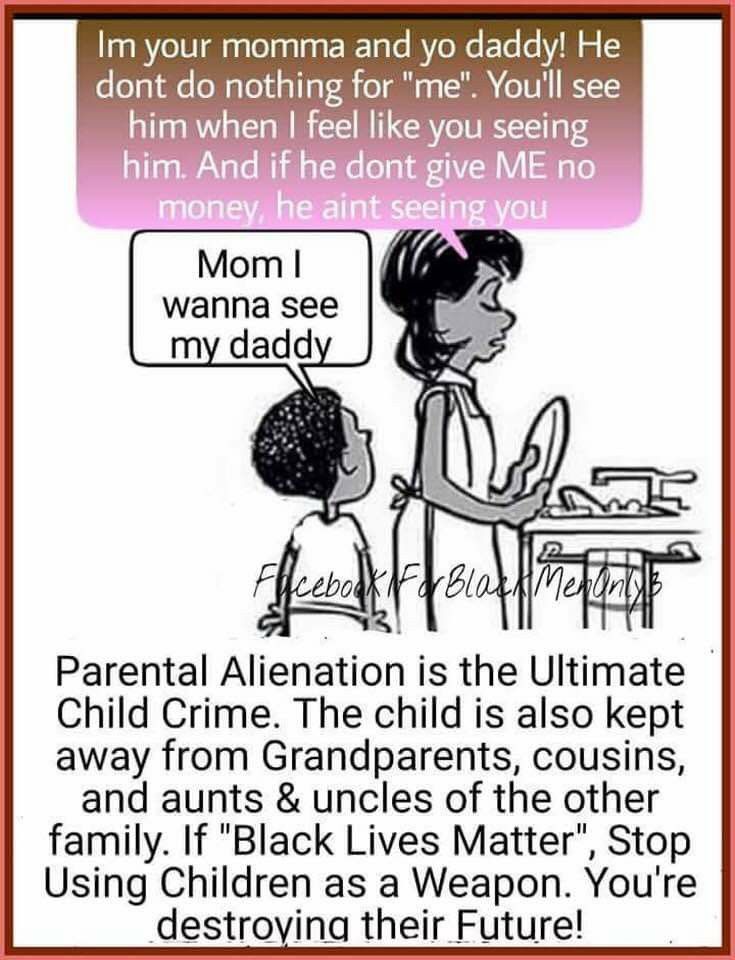 Their need to make up stories follows them in other ways that must fit neatly into their polarized world, including with extended family, friends, and professionals connected to either dad or mom. nine0005
Their need to make up stories follows them in other ways that must fit neatly into their polarized world, including with extended family, friends, and professionals connected to either dad or mom. nine0005
The desire to communicate is destroyed
It hurts to watch your children's memory fade away, erasing the most precious memories or turning them into tragic disappointments, while at the same time perpetuating the memory of all your mistakes. The rejected parent is forbidden from making any kind of sentimental journey with their children, risking being accused of not "understanding", not listening to them and only wanting to minimize all the bad things. The target parent is generally seen as manipulative and "ignorant". Their anguish is exacerbated when they are prevented from creating any new love experiences, as all these efforts are seen as false, untimely, insufficient, too big, selfish, or just not quite right. nine0005
Children live with debilitating anxiety and must be extremely vigilant about their contract of loyalty with the alienating parent . Even the politeness of normative greetings to strangers or distant acquaintances is ignored and passed off as blatant rudeness. Normal, successful, or loving experiences are forbidden to children because they can effectively reduce psychological swelling, and this is forbidden.
Even the politeness of normative greetings to strangers or distant acquaintances is ignored and passed off as blatant rudeness. Normal, successful, or loving experiences are forbidden to children because they can effectively reduce psychological swelling, and this is forbidden.
Unfortunately, the path of least resistance, the one that causes the least amount of suffering to the children, is the path to a complete rupture of the relationship with the rejected parent. Ultimately, children will provide the rejected parent with only one way to express their love: stop fighting for them and let go. nine0005
In fact, more than the rejected parent, children fear rejection and disapproval from the alienating parent. They hurt. The hope is that the rejected parent will understand, rather than personalize, and still love them. Although they see the rejected parent fighting for them, children intuitively know that the odds are not in that parent's favor. They know the power of the alienating parent because they see that parent's "troop" growing, and more and more professionals are ready to support the false narrative and unwittingly contribute to the growth of a psychological tumor. nine0005
nine0005
I have witnessed children desperately begging target parents to just let them go and stop fighting for their parental rights . These children cannot describe or name what is happening because words do not express what is happening, and this is also a breach of loyalty pact with the alienating parent. Instead, they appeal to the unconditional love of a rejected parent, stating, “Our life is easier without you, less stressful. Please understand this is such a stress for us. Please just stop fighting and leave us alone." I have seen tormented, persecuted parents, upon hearing these words, stop fighting, let their children go, and say goodbye as a token of love. nine0005
It's terrible to hear such pleas from your own children and hear the words: "Get out of our lives!" It hurts and scares the rejected parent more than anything. But as painful as it is, they have to admit that it's not about them. The more they think about it, and the more they think that their children are rejecting them of their own free will, the more pain and anger it will cause. And this can lead to a second error .
And this can lead to a second error .
2. Rejected/persecuted parents believe that tougher punishment and discipline will put an end to misunderstood attitudes and behavior of children
While alienated children are known to be quite correct and respectful of almost every other adult in their lives—teachers, coaches, the alienating parent's extended family—they are remarkably disrespectful and defiantly boorish towards the target parent and often to any adult associated with him. I have seen children ignore their parents without even politely acknowledging their presence—not by a look, not by a touch, not by a nod, not by a word. I have heard children deny all positive memories and offer no hope of reconnecting with a rejected parent. I have worked with estranged children who have destroyed parental property, abused half-siblings, ignored and challenged stepparents. They hide in their room for whole weekends, refuse to eat and socialize, even endanger themselves by running away from a parent during court-appointed social times.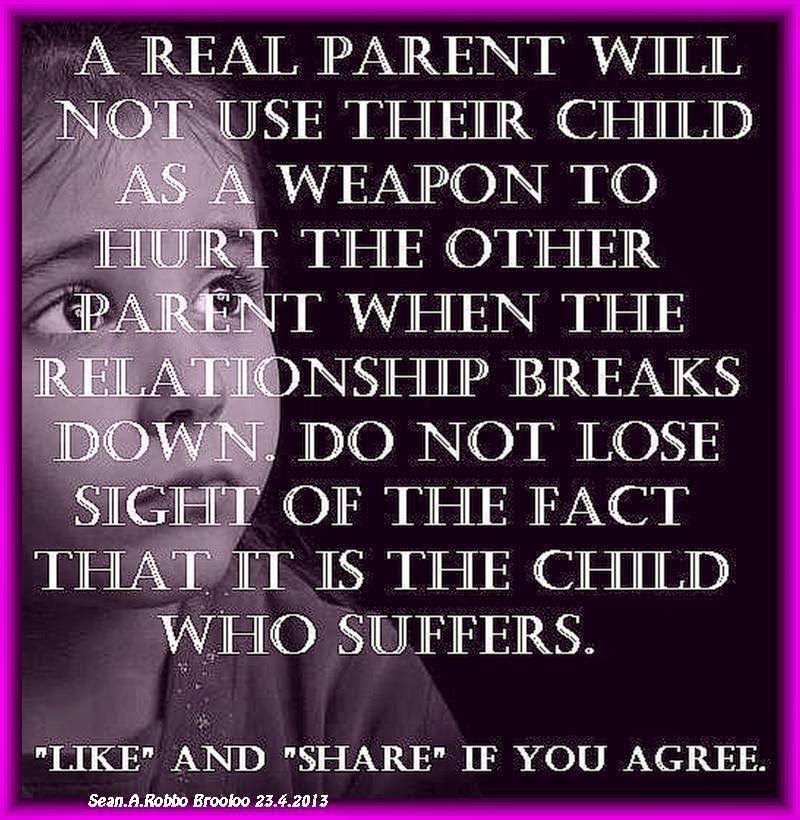 I have seen the desperate attempts of targeted parents to use discipline to curb this unsettling development in their children's attitudes and behaviors. nine0005
I have seen the desperate attempts of targeted parents to use discipline to curb this unsettling development in their children's attitudes and behaviors. nine0005
The temptation to think this will work is understandable, since punishing naughty children is considered acceptable and reasonable. However, addressing the source of the problem simply as willful defiance and resistance will reinforce the child's belief that the parent "doesn't understand him" and will likely increase his anger. While they may look, talk, and act like naughty and anxious children in need of guidance and discipline, they are not. On the contrary, alienated children are very restless and need proper understanding, compassion, intervention and treatment. If a rejected parent only approaches them with demands for a level of discipline, that parent ends up playing along with the children's false story of being bad, mean, and unintelligent. nine0005
I have counseled and evaluated many targeted/alienated parents who were seduced by this mindset and unwittingly adopted an authoritarian parenting style: e.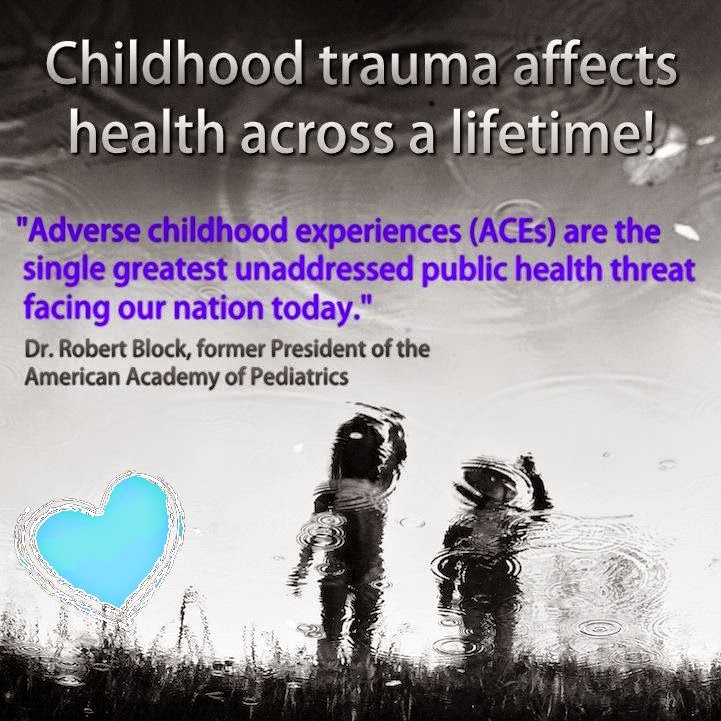 g.
g.
- abandoned for the sixth day in a row during a hot summer week of daily football practice;
- Parent who kicked the door out of a 15-year-old's room after several days off when he was isolated and refused to leave his room, including eating; nine0129
- An irritated parent blurted out that a foster home is where their children should be until they learn to obey court orders;
- The parent who took his chronically aggressive 14-year-old daughter to the emergency room to wait for the alienated parent to pick her up because she wouldn't stop yelling in front of her younger siblings in the car;
- The parent who banned his son, a teenage star athlete, from going to football practice during socializing time, preventing his son from participating in an important game. nine0129
In the proper context, one could argue about the appropriateness of these parental actions. But all this loses its meaning and impact and is inserted into an intersubjective narrative between the alienating parent and children (often the child psychotherapist ends up included) and is then considered as “evidence” that the target parent is bad, aggressive, and unsuitable for raising children.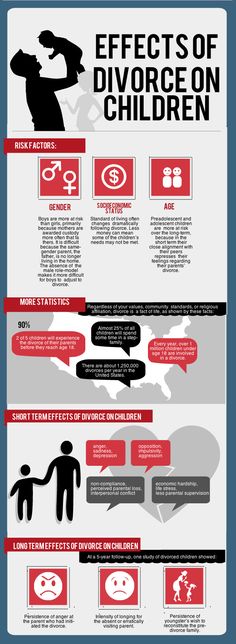 . In some cases, Child Protective Services (CPS) are contacted and the target parents are investigated, and sometimes even allegations of neglect or abuse come to light. The agency has an order to justify abuse and neglect, not to state it. nine0005
. In some cases, Child Protective Services (CPS) are contacted and the target parents are investigated, and sometimes even allegations of neglect or abuse come to light. The agency has an order to justify abuse and neglect, not to state it. nine0005
Discipline and negative propaganda
Although family hierarchy and discipline cannot be set aside, they cannot be a one-sided solution to the problem of aggressive behavior in children. This leads to a false narrative and negative interaction in the process of communication between parent and child. Not only is a contract of loyalty built between the alienating parent and children in the intersubjective narrative, but there is also an aggressive campaign to prove that the target parent is inadequate. If politicians can effectively use negative propaganda and messages to win elections, then parents can also achieve custody of their children in this way. nine0005
The alienating parent operates behind the scenes, hoping that the target parent will be in the spotlight as the source of the egregious problem in the family psychodrama.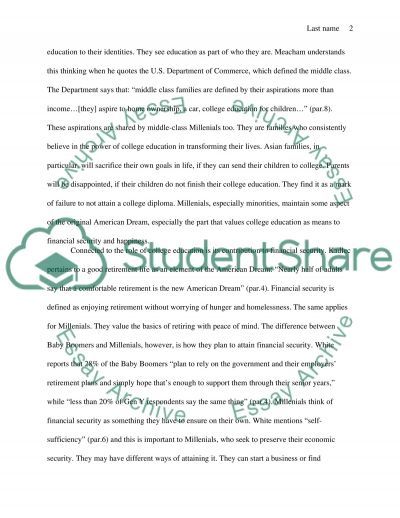 This campaign is enhanced when the target parent provides any data that can be used without regard to context, intent, or history. Yes, the target parent may feel attacked, unfairly tested and prejudiced, but such is the nature of negative propaganda campaigns and their seductive effect on other people. Although the target parent cannot control this campaign of smearing his reputation, if he understands what is happening, he can work on not giving too much propaganda fantasies. nine0005
This campaign is enhanced when the target parent provides any data that can be used without regard to context, intent, or history. Yes, the target parent may feel attacked, unfairly tested and prejudiced, but such is the nature of negative propaganda campaigns and their seductive effect on other people. Although the target parent cannot control this campaign of smearing his reputation, if he understands what is happening, he can work on not giving too much propaganda fantasies. nine0005
Another reason not to think that strict or rigid discipline will correct children's aggressiveness is the importance of reducing the negative emotional exchange between the target parent and their children. A parent's anger towards children can cause them to feel more guilt and shame. The mind of the parent tells him that this is righteous anger and that he does not like the attitude and behavior of the children - that is, his behavior is normal. The parent mind thinks kids should feel guilty about bad behavior, guilt about ruining a birthday party, and a bit of healthy shame—“ashamed for calling your stepmother a bitch. ” However, this negative emotional exchange only fuels the parents' anger and reinforces the children's sense of being bad. nine0005
” However, this negative emotional exchange only fuels the parents' anger and reinforces the children's sense of being bad. nine0005
Relationship based on love and care weakens, parents' irritation and children's defensive readiness increase. This becomes a vicious cycle, often resulting in a third error : enlist the support of extended family members.
CONTINUED
DR. EDWARD CROOK. IMPACT OF PARENTAL ALIENATION ON CHILDREN : vm_pas - LiveJournal
Edward Crook PhD is an Associate Professor of Social Work at the University of British Columbia, Canada, specializing in child and family policy. As a family social worker in Canada and the UK, he has worked in welfare, child protection, school social work, hospital social work and family counselling. He currently teaches and practices in the field of family mediation and drug addiction. He is the author of many books, including Equal Parental Rights: Social Justice After Divorce.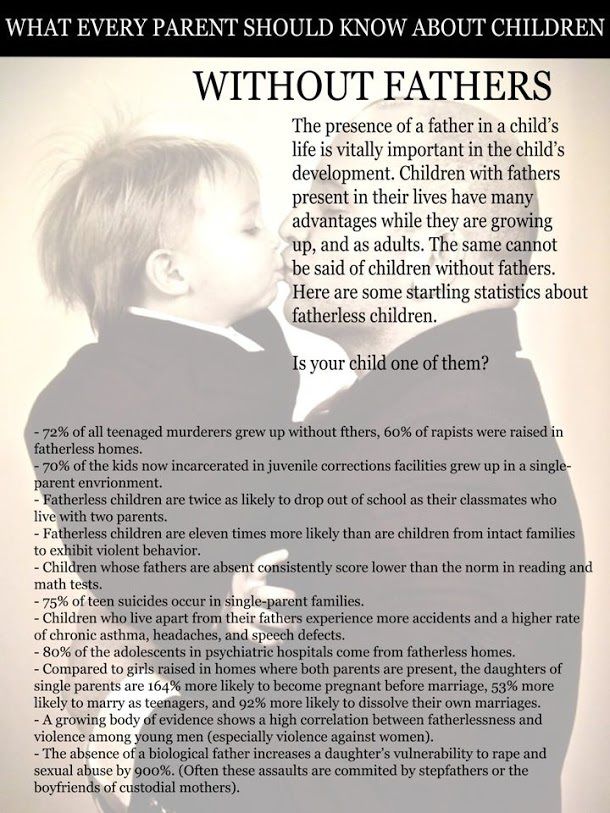 He is President of the International Council for Shared Parenting. nine0005
He is President of the International Council for Shared Parenting. nine0005
IMPACT OF PARENTAL ALIENATION ON CHILDREN.
9000 Posted by on: April 25, 2013
What children of divorce most want and need is to maintain a healthy and strong relationship with both parents and to keep them safe from parental conflicts. However, some parents, in an effort to strengthen their parental authority, expect their children to choose sides. In more extreme situations, they encourage the child to reject the other parent. In the most extreme cases, one parent manipulates the children into hating the other, despite the children's innate desire to love and be loved by both parents. nine0005
Parental alienation involves the "programming" of a child by one parent to vilify the other, "target" parent, in an attempt to undermine and interfere with the child's relationship with that parent, and is often a sign of the parent's inability to deal with personal conflict and focus on the child's needs .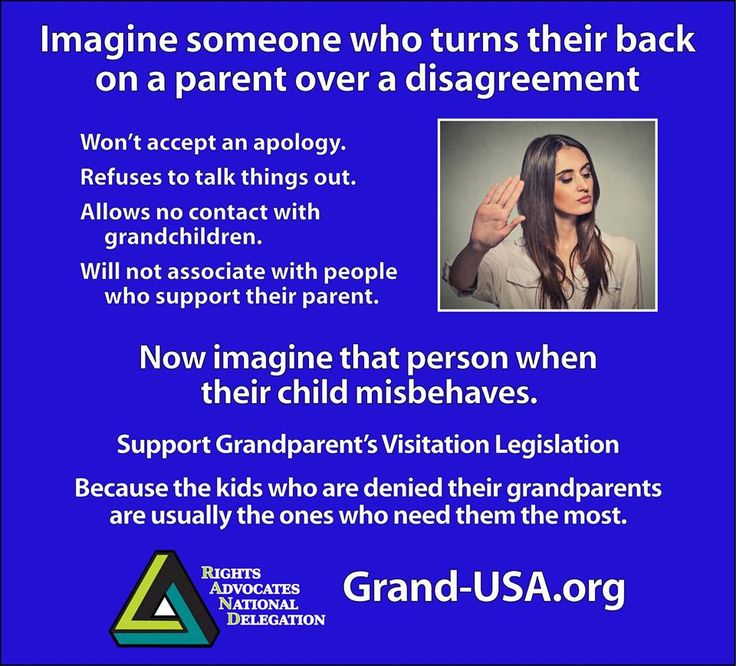 This slandering of the parent results in the child's emotional rejection of the target parent and the loss of a capable and loving parent from the child's life. Child psychiatrist Richard Gardner developed the concept of "parental alienation syndrome" 20 years ago, defining it as "... a disorder that occurs primarily in the context of child custody disputes. Its main manifestation is the campaign to vilify the child against the parent, a campaign that has no justification whatsoever. It is the result of a combination of programming ("brainwashing") indoctrination of the parents and the child's own contribution to vilifying the target parent." nine0005
This slandering of the parent results in the child's emotional rejection of the target parent and the loss of a capable and loving parent from the child's life. Child psychiatrist Richard Gardner developed the concept of "parental alienation syndrome" 20 years ago, defining it as "... a disorder that occurs primarily in the context of child custody disputes. Its main manifestation is the campaign to vilify the child against the parent, a campaign that has no justification whatsoever. It is the result of a combination of programming ("brainwashing") indoctrination of the parents and the child's own contribution to vilifying the target parent." nine0005
Children's views of the target parent are almost exclusively negative, to the point that the parent is demonized and viewed as pure evil. As Amy Baker writes, parental alienation involves a range of strategies, including swearing at the other parent, limiting contact with the other parent, erasing the other parent from the child's life and mind (prohibiting discussions and images of the other parent), forcing the child to reject the other parent, creating the impression that the other parent is dangerous, forcing the child to choose between parents through threats to destroy love, and limiting or eliminating contact with the target parent's extended family.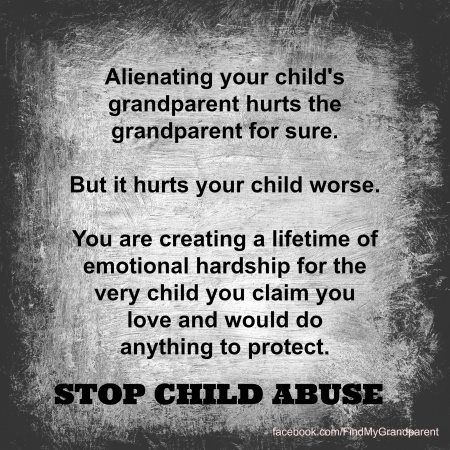 nine0005
nine0005
In my own study of non-custodial parents who have ceased to be involved in their children's lives (Crook, 2011), I found that in most cases contact is lost involuntarily, in many cases as a result of parental alienation. Constructive alternatives to adversarial (judicial) methods of reuniting with their children were rarely available to these alienated parents. Parental alienation is more common than is often assumed: Fiedler and Bala (2010) report both an increase in the number of cases and an increase in judicial opinions of parental alienation; they report estimates of parental alienation in 11–15% of divorces involving children; and Burnet et al. (2010) estimate that about 1% of children and adolescents in North America experience parental alienation. Scholars now agree that severe alienation is child abuse (Fiedler and Bala, 2010), but is largely ignored as a form of child abuse (Burnet et al., 2010) because conservationists children often do not know anything about this phenomenon or minimize its degree of harm.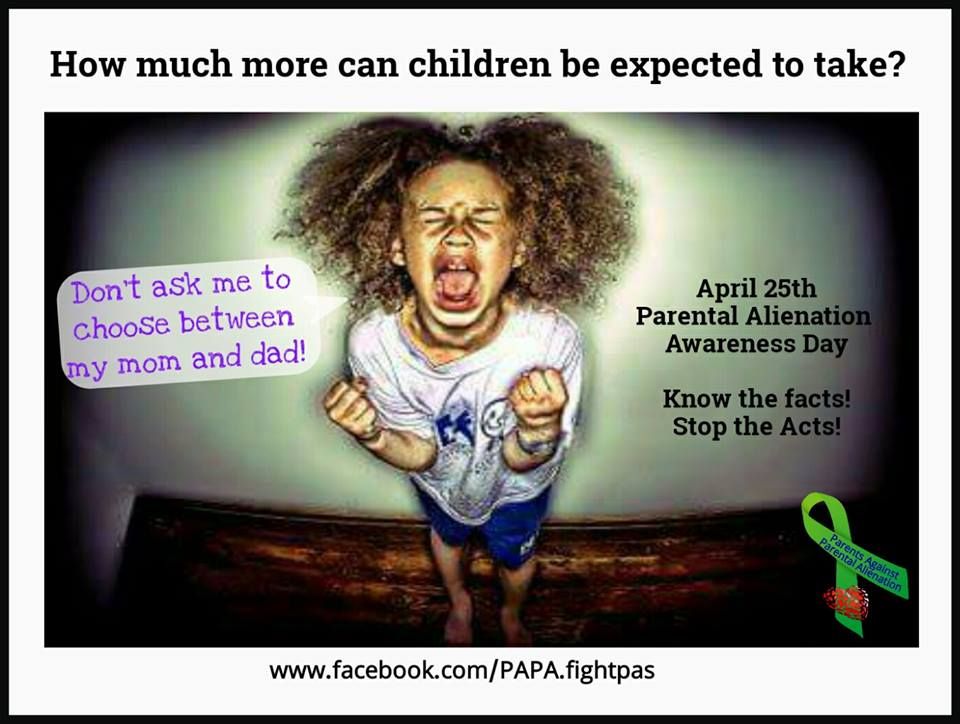 According to adult children of divorce, parental alienation tactics amount to extreme psychological abuse, including neglect, terrorization, isolation, corruption or exploitation, and exclusion of emotional empathy (compassion) (Baker, 2010).
According to adult children of divorce, parental alienation tactics amount to extreme psychological abuse, including neglect, terrorization, isolation, corruption or exploitation, and exclusion of emotional empathy (compassion) (Baker, 2010).
For a child, parental alienation is a serious mental condition based on the false belief that the alienated parent is dangerous and unworthy. The serious consequences of parental alienation for children are well documented: Low self-esteem and self-hatred, lack of confidence, depression, substance abuse and other forms of addiction are widespread as children lose the ability to give and receive love from a parent . Self-hatred is especially troubling for affected children, as children internalize hatred directed at the alienated parent, believe that the alienated parent did not love or want them, and experience intense guilt associated with the alienated parent's betrayal . Their depression is rooted in a feeling of lack of love from one parent and separation from that parent, when they are denied the opportunity to mourn the loss of a parent or even talk about him .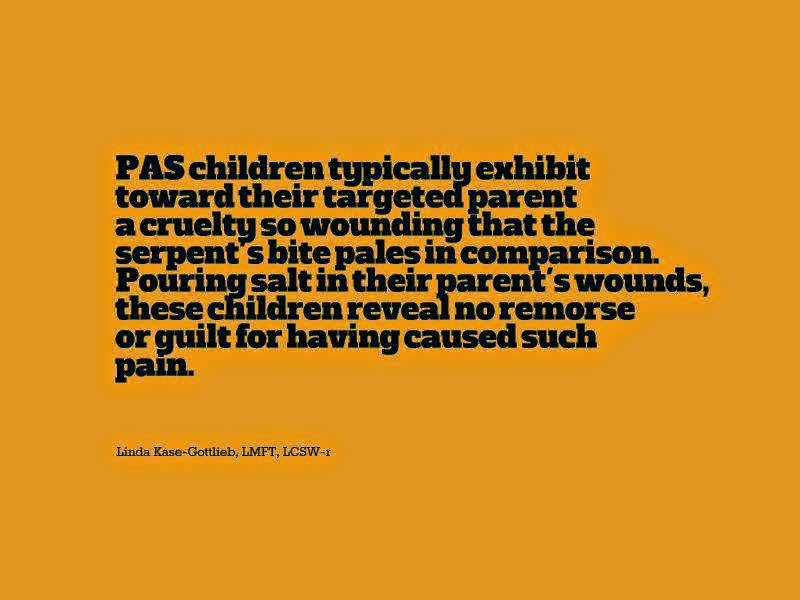 Alienated children typically have a conflicted or formal relationship with an alienating parent and are at high risk of alienation from their own children: Baker reports that fully half of the respondents in her study of adult children who experienced childhood alienation were alienated from their own children. nine0005
Alienated children typically have a conflicted or formal relationship with an alienating parent and are at high risk of alienation from their own children: Baker reports that fully half of the respondents in her study of adult children who experienced childhood alienation were alienated from their own children. nine0005
Every child has a basic right and need for a carefree and loving relationship with both parents. The denial of this right by a parent without sufficient grounds, such as abuse or neglect, is itself a form of child abuse. Since the alienating behavior of the parent violates the psyche of the child, it is the child who is alienated from the other parent. Children who have been involuntarily separated from a parent - in the absence of abuse - due to parental alienation are highly susceptible to post-traumatic stress disorder (PTSD) and reunification efforts in these cases must be undertaken carefully and delicately. Research has shown that many alienated children can quickly change behavior from refusing or staunchly resisting a rejected parent to being able to show and receive love from that parent, followed by an equally quick return to an alienated state when they are again at the mercy of the alienating parent.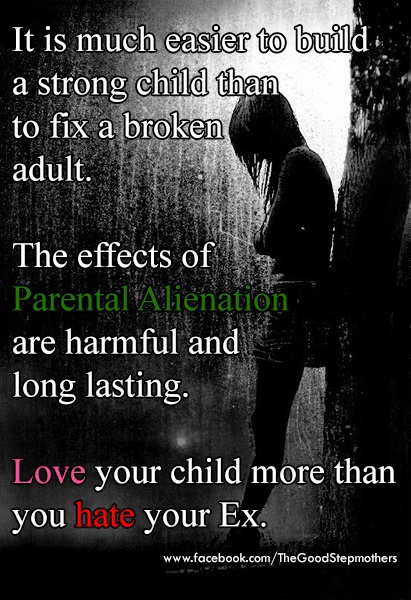 nine0005
nine0005
Alienated children seem to secretly want someone to call their behavior a bluff, forcing them to reunite with a parent they claim to hate. While children's stated wishes for contact with parents in contested custody should be taken into account, they should not be decisive, especially in alleged alienation cases . Hatred is not an emotion that comes naturally to the vast majority of children; this needs to be taught. nine0004 A parent who teaches a child to hate or fear the other parent poses a serious and ongoing risk to that child's mental and emotional health. Alienated children suffer no less than other child victims of conflict, such as child soldiers and abducted children, who identify with their tormentors in order to avoid pain and maintain relationships with them, no matter how cruel they may be.
LITERATURE
Baker, A. (2010). “Adult recall of parental alienation in a community sample: Prevalence and associations with psychological maltreatment. ” Journal of Divorce and Remarriage, 51, 16-35.
” Journal of Divorce and Remarriage, 51, 16-35.
Bernet, W. et al (2010). “Parental alienation and the DSM V.” American Journal of Family Therapy, 38, 76-187.
Fidler, B. and Bala, N. (2010). “Children resisting postseparation contact with a parent: Concepts, controversies, and conundrums.” Family Court Review, 48(1), 10-47. nine0005
Kruk, E. (2011). Divorced Fathers: Children's Needs and Parental Responsibilities, Halifax: Fernwood Publishing.
Comments
Parental alienation
Published on January 2, 2014, 7:51 User Anonymous
9000 9000 I - Succan estrangement from my ex to my now grown daughter (she is 40). She was in her early teens, as far as I can tell, when her father started brainwashing her against me, and this went on for over 25 years. Now he's dead and my daughter hasn't spoken to me since he died. She has two kids of her own and I'm so scared she's doing the same to them against her wonderful husband.
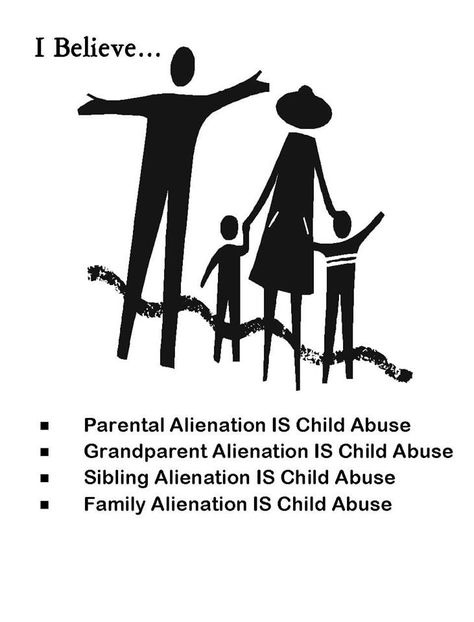 Is there any hope for me or her to be reunited in this relationship? I stopped socializing...now I call it elder abuse...because I'm being denied contact with my grandchildren. It is very painful and terrible! nine0005
Is there any hope for me or her to be reunited in this relationship? I stopped socializing...now I call it elder abuse...because I'm being denied contact with my grandchildren. It is very painful and terrible! nine0005
The parental alienation
Published on April 30, 2013, 7:13 by Anonymous
I am glad that the PA begins to be recognized as brutal handling of children. For years, one of my stepsons experienced a completely unwarranted pitch of negativity towards his father, probably on a daily basis. How can we know? Of the questions he asks - "Daddy, why did you do this with mommy?"; from messages from friends, the babysitter, and another sibling; and often she doesn't try to hide it by being rude or dismissive of my partner in front of his children, or belittling what he does to them. He takes them to the park, it's raining - well, why didn't this stupid man check the weather forecast and, my God, her little boy will catch a cold as a result.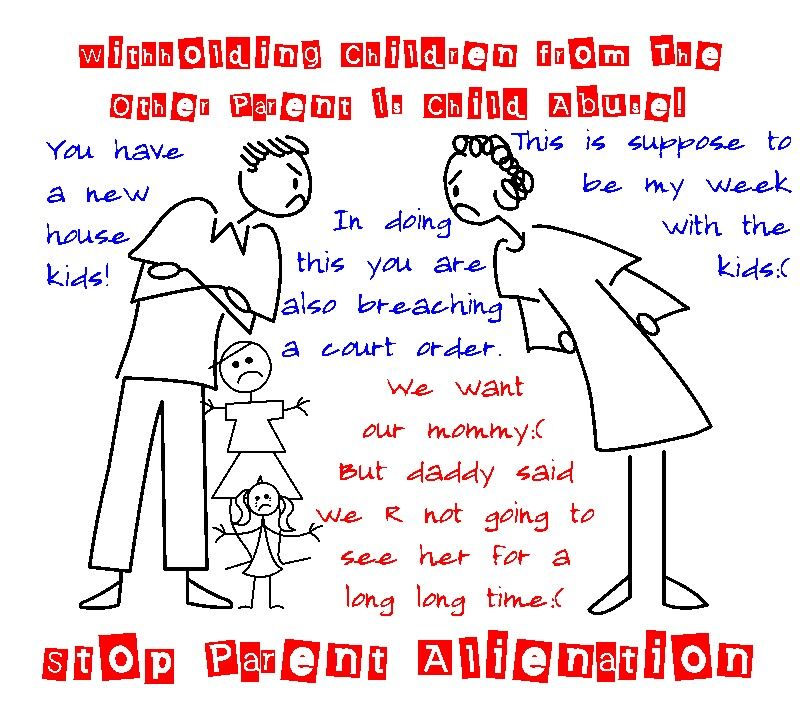 It may seem trivial (and I can assure you it's getting a lot worse) but it hasn't stopped since their divorce six years ago and it was heartbreaking to see a kid who was once basically happy, carefree and outgoing like him. became the way he is now - angry, insecure, rude, arrogant, brooding, withdrawn, and at the same time sometimes clingy, needy and desperately craving approval. He does not seem to have any friends his age, is heavily dependent on his mother, and is unable to bear any criticism of her even when she is caught outright lying or doing something particularly vicious. nine0005
It may seem trivial (and I can assure you it's getting a lot worse) but it hasn't stopped since their divorce six years ago and it was heartbreaking to see a kid who was once basically happy, carefree and outgoing like him. became the way he is now - angry, insecure, rude, arrogant, brooding, withdrawn, and at the same time sometimes clingy, needy and desperately craving approval. He does not seem to have any friends his age, is heavily dependent on his mother, and is unable to bear any criticism of her even when she is caught outright lying or doing something particularly vicious. nine0005
However, there is nothing we can do about it other than try to be "normal" when we see it.
alienation
Published on May 7, 2013, 14:57 by Anonymous
I witnessed this with my own experience with my husband and his daughter, who was taken out of him. life. He spent hundreds of thousands of dollars fighting to see her.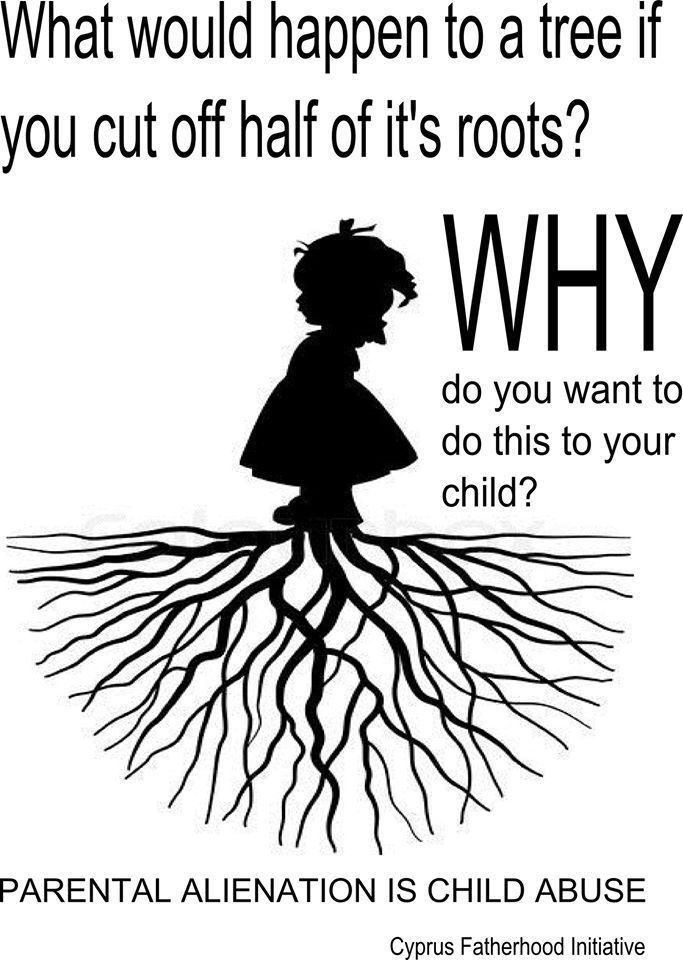 Her lawyer has received papers on the child's abuse by the mother and does nothing but state that the father is mistreating the minor. I am becoming more and more aware of PAS and my heart is hurting with all of you. Unfortunately, I think we've exhausted all options and if things don't change next month, we'll have no choice but to leave and probably never see his daughter again. The damage done after 12 years of fighting is taking its toll on him, and we must end this war before it kills him. His daughter is now 14 years old, and a court-appointed lawyer told him from day one that he was a rapist and a bad one, and repeatedly lied to the judges. They only listen to her and no one else. This is our last try. Please pray for us. nine0005
Her lawyer has received papers on the child's abuse by the mother and does nothing but state that the father is mistreating the minor. I am becoming more and more aware of PAS and my heart is hurting with all of you. Unfortunately, I think we've exhausted all options and if things don't change next month, we'll have no choice but to leave and probably never see his daughter again. The damage done after 12 years of fighting is taking its toll on him, and we must end this war before it kills him. His daughter is now 14 years old, and a court-appointed lawyer told him from day one that he was a rapist and a bad one, and repeatedly lied to the judges. They only listen to her and no one else. This is our last try. Please pray for us. nine0005
God bless you all who are fighting this. Remember that in the end we all must stand before our God.
after reunification with the father 27 years later,
Published by Anonymous user July 27, 2013 - 15:14
My parents divorced when I was seven years old. I'm about forty now. 5 years ago, I reunited with my father after the last time I saw him when I was 12. My last memory of him was of my little sister crying in fear of the monster we were about to meet. My mom swore she would never put us through this again. nine0005
I'm about forty now. 5 years ago, I reunited with my father after the last time I saw him when I was 12. My last memory of him was of my little sister crying in fear of the monster we were about to meet. My mom swore she would never put us through this again. nine0005
But the monster I'm seeing right now is a jolly man who, yes, had a drinking problem all these years, but gave me some fear. I've had attachment issues with my mom since the day she took me. I only cut the umbilical cord when I met my father.
Now, however, my relationship between my mother and myself is very strained. I live with so much guilt every day for my relationship with my father. I feel like I'm betraying my mom. She hates him so much. My stepfather has nothing good to say about him either. This is a taboo topic. I can't talk about him and she hates that her grandchildren now see my father. “You handed him the grandchildren on a plate,” said my sister, who met with my father right in front of me and decided she didn’t have to do it anymore. nine0005
nine0005
I feel sorry and sad because my mother and my sister were so close to me and now we are so far apart. I feel guilty about getting to know my father when they hate him so much. I am generally so happy, I have a wonderful marriage and children. There is so much to live for, but I can't get rid of this guilt and regret.
Will I have to go back to counseling and spend more money to learn how to treat my mother? She has never received psychological help and says it's me with a personality disorder. I idolized her. Now I can't stand her because of how she makes me feel. My father was very irresponsible back then. A big kid who never grew up. He was the eighth youngest child in a family of alcoholics. His father died before he was born. He never insulted my mom or hit me, he just lived in a pub, lost his job and was an irresponsible father. He never paid child support. Who am I to believe? nine0005
I have no ideas
Published on November 23, 2013, 17:22 by Anonymous
I had no idea that this is a real clinical syndrome! I am a victim of parental alienation by my (non-custodial) father.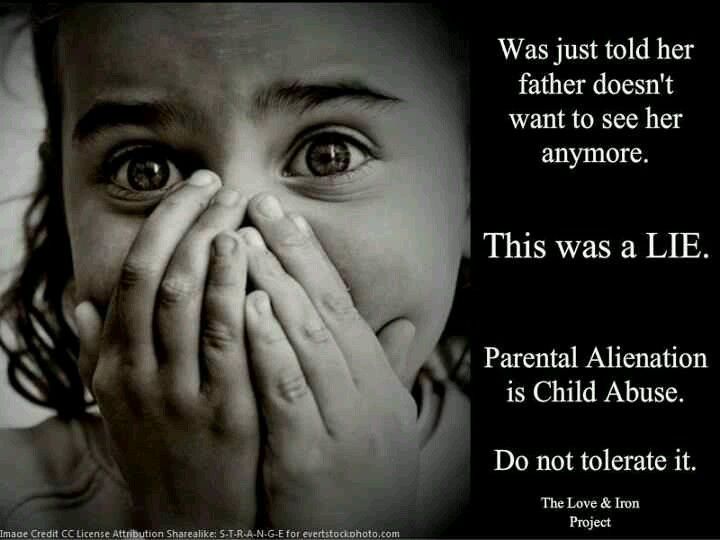 For as long as I can remember, I have felt unnatural anger at my parents' divorce. I carried this anger through my entire childhood. Every time I went to my father in the summer, I came back estranged from my mother. She worked all year to repair our relationship and get me back on track, but she lost it all as soon as I got back in the summer...
For as long as I can remember, I have felt unnatural anger at my parents' divorce. I carried this anger through my entire childhood. Every time I went to my father in the summer, I came back estranged from my mother. She worked all year to repair our relationship and get me back on track, but she lost it all as soon as I got back in the summer...
An abyss separated me and my mother all my life, and I could never understand why and where it came from. I had an aversion to intimacy with her and could never show her my love. This caused a lot of stress and a break in our relationship. Now I am an adult, and over the past year I have had a watershed experience that has changed me drastically. I feel like I'm looking with renewed vision and seeing something I've never seen before. I am a new person. I really miss my mother (although we live in the same house) because we are not close and there is no such connection. How can I repair our relationship if she says I've been breaking her heart for too long? She says that she is no longer the same person, and cannot love me the way she once did. nine0005
nine0005
All these years I have been the victim of persistent, effective and targeted attacks from my father, because he did not love his mother, did not seek her attention, did not show love for her, and suffered the consequences all his life! I want to break this vicious circle and stop the destruction of our hearts.
I only hope in my faith and in God, Jesus Christ and the Holy Spirit to heal us.
Sequelae of PAS
Published on February 5, 2016, 12:23 PM ANA
as a professional social worker living in the consequences of the PAS syndrome in my own life, I found this article so percent in significant evidence in the result of personal experience. This is the response of one of the commenters who criticized the lack of statistics on the consequences of PAS syndrome, which millions of children currently live with, including myself. The "golden child" who most identifies with the alienator will suffer the most. This child's behavior is strongly expressed in an angry disposition towards the "target" parent. It is the pain that the child inflicts on himself in order not to be rejected by his alienator (the source of his identity). nine0005
As a result, they begin to get out of control in those areas of their life in which there is a purpose of life: 1) mentally - they cannot study because they cannot concentrate; 2) physically - they often get sick as a result of malnutrition and lack of sleep; 3) emotionally - the inability to maintain relationships with others, including friendships with peers, because they are deeply immersed in their emotions, feeling hopeless, helpless, unwanted; 4) spiritually - no longer believe in themselves or in a higher power that supports them. Such a spiral leads to despair and to the point where suicidal thoughts and suicides arise. nine0005
Any form of intervention is better than no intervention, but little can be done to care for a child who remains at the mercy of an alienating parent. In my child's life, all four areas mentioned above are her problems and result in suicidal thoughts. Intervention was taken immediately, but the approach to recovery is one that the child will have to go through until he comes to understand the situation he is in, regains self-confidence in all four areas of life (see above) and learns new skills coping with oneself in order to support oneself, being at the mercy of an alienating parent. My child does not have evidence of physical or sexual abuse for a court to intervene and terminate the alienator's parental rights. So, the goal of therapy is to restore self-esteem, self-confidence, self-sufficiency, and coping techniques to eradicate the vilification that the alienated parent encourages with their power, as this is unacceptable behavior - child abuse! Thanks again for this wonderful article with valuable information that helped me not only professionally but also personally; and may it help many others to also identify the pain inflicted on children estranged from their absent parents.
nine0005
Parental alienation
Published on November 10, 2016 - 16:18 User Sue
My former daughter -in -law uses the alienation of my parents as a tool to make the life of my son Unfortunate, and in in the process, she destroys her own daughter (my granddaughter). They have three children and have been divorced for 6 years. My son remarried shortly after the divorce, but his ex-wife was still angry about the divorce. She is a custodial parent and my son has been taking his kids for visits like clockwork every Wednesday and every weekend for 5 years. Out of the blue last year, his ex-wife told him that the boys could continue to visit us, but that his daughter (my granddaughter), who was 5 at the time, no longer wanted to see him. We were stunned. nine0005
It was the day he came to pick up the kids so we could celebrate my granddaughter's 5th birthday. Since then, my son hasn't been allowed to visit her and she's now 7. The boys keep coming on dates as always, and they don't understand why their sister can't come either. It breaks my heart that we don't see her and my son is devastated. We miss so much because of her... birthdays, Christmas, holidays. But my son's only option is to spend thousands of dollars he doesn't have on lawyers to sue his ex and try to get her to let him see his daughter. And the worst thing is that my 7-year-old granddaughter is now going to a psychologist because she has "problems" (my ex-sister-in-law's words). As grandparents, we feel helpless, hopeless, and heartbroken at what will become of her because of her mother's manipulation. I don't understand how family court can allow this kind of behavior to go on unchecked for so long while the wheels of justice are spinning at a snail's pace. nine0005
9000 OF ALIENATED CHILDREN (7): CONFESSION-ACCUSION OF A YOUTH FROM GERMANY ABOUT LIFE WITH A POSSESSED MOTHER
HISTORIES OF FAMILY WARS (8).
